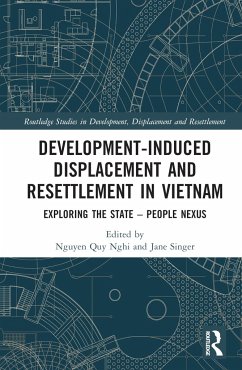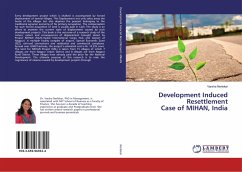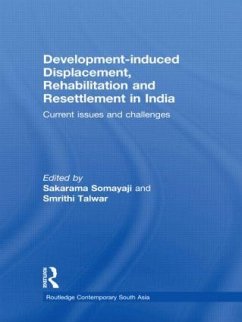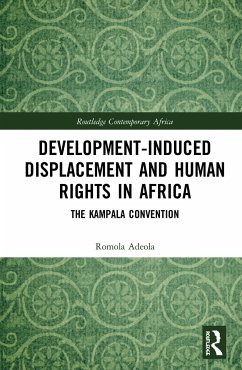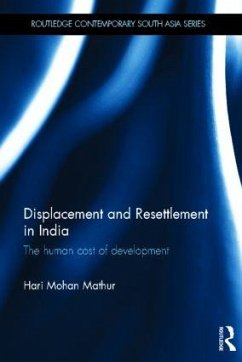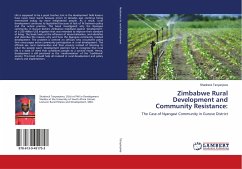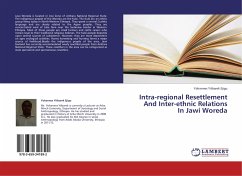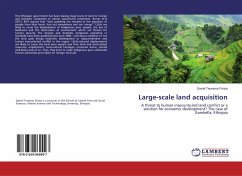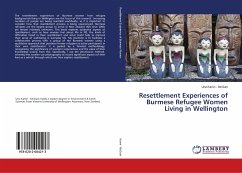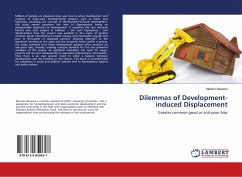
Dilemmas of Development-induced Displacement
Greater common good or anti-poor bias
Versandkostenfrei!
Versandfertig in 6-10 Tagen
22,99 €
inkl. MwSt.

PAYBACK Punkte
11 °P sammeln!
Millions of people are displaced every year due to urban development and creation of large-scale developmental projects, such as dams, and highways. Analysing the concept of development-induced development, this study merely questions the idea of dispossession being an indispensable byproduct of development. It examines the very rationale behind one such project in Pakistan - the Lyari Expressway - and demonstrates how the project was justified in the name of greater common good; nonetheless it ended causing insurmountable anguish and pain to thousands of displaced persons. Drawing attention t...
Millions of people are displaced every year due to urban development and creation of large-scale developmental projects, such as dams, and highways. Analysing the concept of development-induced development, this study merely questions the idea of dispossession being an indispensable byproduct of development. It examines the very rationale behind one such project in Pakistan - the Lyari Expressway - and demonstrates how the project was justified in the name of greater common good; nonetheless it ended causing insurmountable anguish and pain to thousands of displaced persons. Drawing attention to the dominant interests of the state and the powerful actors within a society, the study contends how these development projects often produce an anti-poor bias, thereby creating unequal benefits for the less powerful members of the society. As capitalism intensifies, the need for mega-projects will rise and subsequently its associated dispossession will escalate. Thus there is an ever greater need to strike a balance between development and the interests of the citizens. This book is recommended for academics in social and political sciences and to development experts and policy makers.



